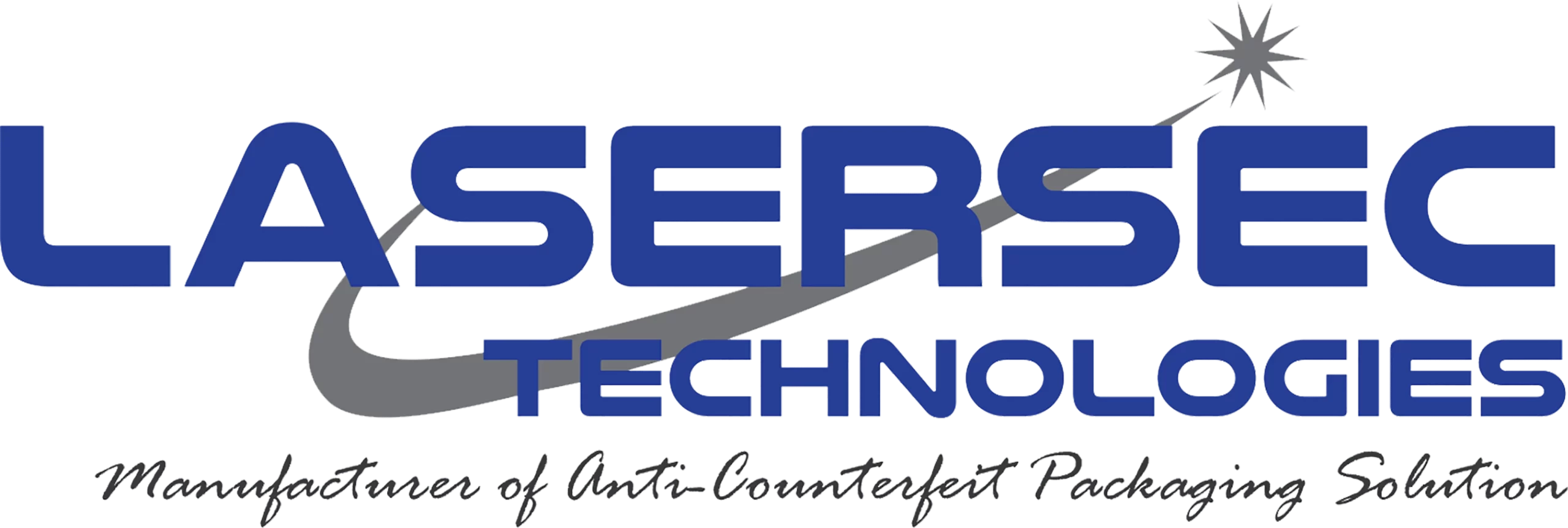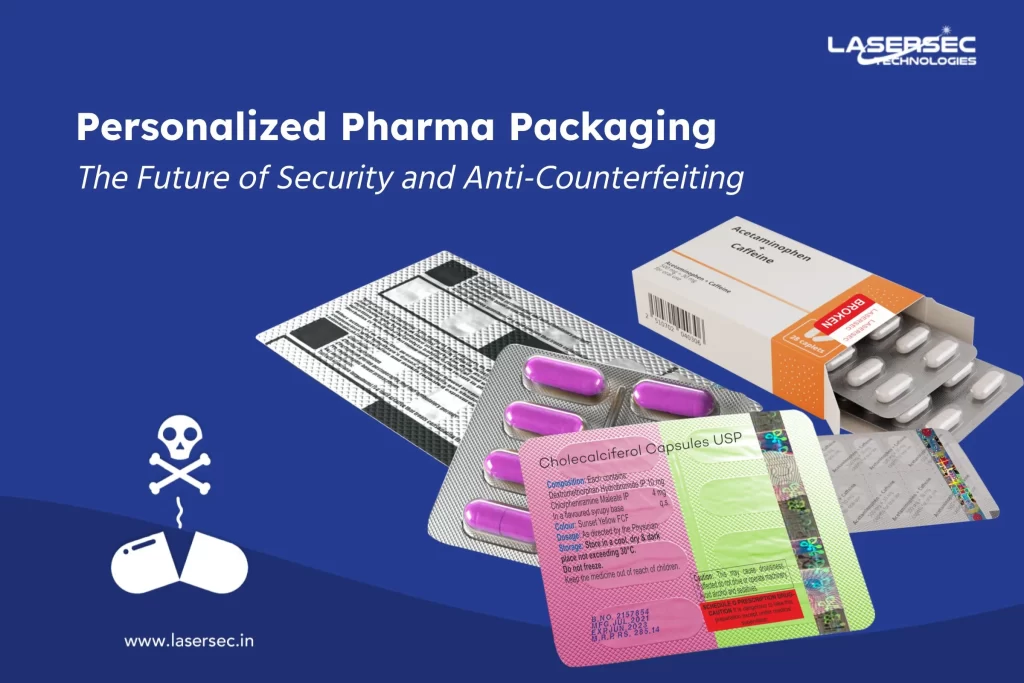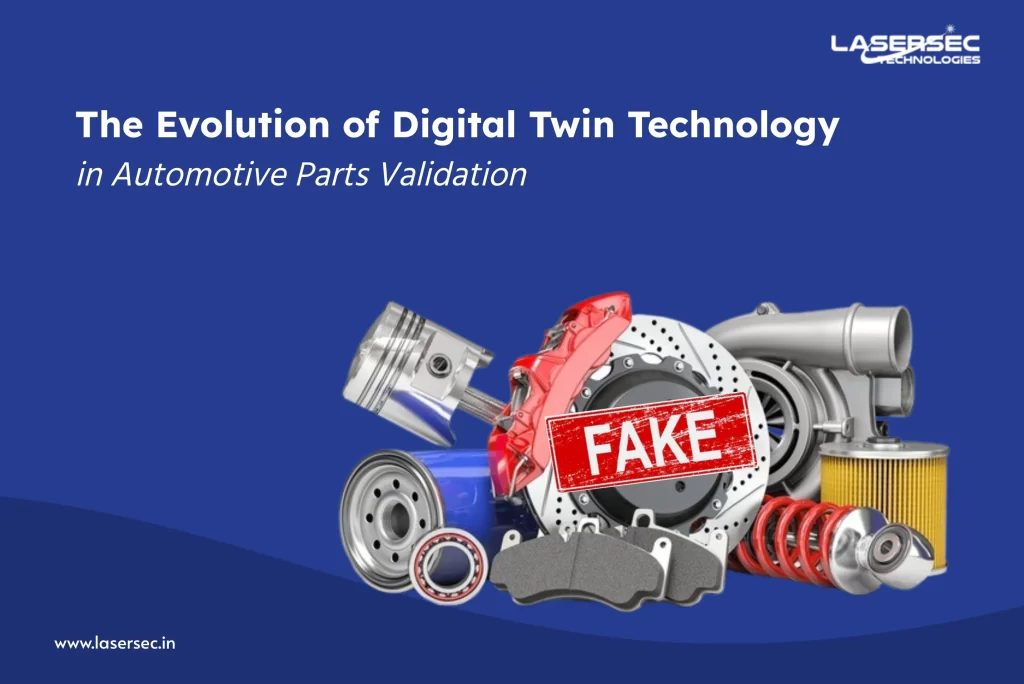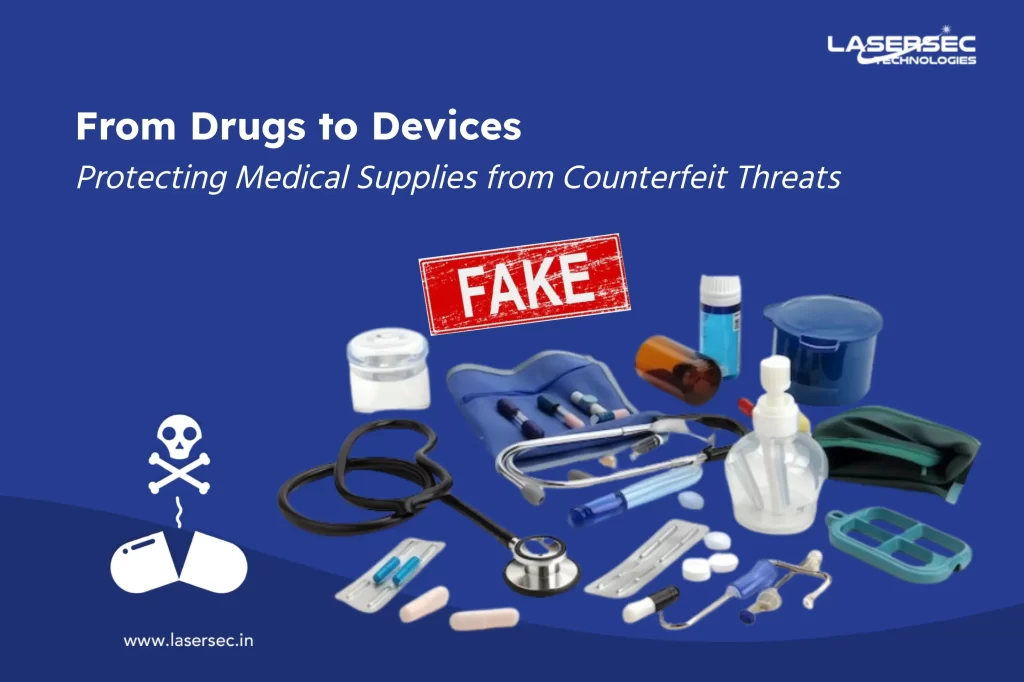
Counterfeiters are all over the field, and they are not leaving any business untouched. It hurts business most in this regard, is the automobile industry for more than one reason. Since its inception, the counterfeit practice has grown to become nearly equal to that of the original in many aspects.
So much so, any authorized dealer will tell you how much loss they incur because somewhere in the supply chain, the counterfeiters enter the scene and complicate the situation. More importantly, little administrative intervention or attention has been given in this regard.
Society of Indian Automobile Manufacturers or SIAM has a staggering statistics for everyone- as much as 47 percent of the total aftersales market is full of counterfeits. It amounts to somewhere roughly between 4,400 crores to 6,300 crores. Given that the total export amounts to 55,300 crores, which is a hefty amount given away to the fake dealers. Surely, it needs to stop, and it must start with counterfeit parts problem.
Fake parts are the biggest possible compromise made in this regard, but not anymore. Not only fake parts cause trouble for the market with the breakdown of customer trust, but it costs a good sum of revenue which makes it no less than a criminal offense.
Locating The Areas Of Concern
Since automobile industry is an extensive network spread across the country, it becomes difficult to track down the fake parts dealers. The dangerous liaisons between the dealers and counterfeit manufacturers are most prominent in small towns and metros. In a country as big as India, it is nearly impossible to trace the unregistered and unorganized channels, street-side vendors who sell from fly-by-night shops and self-proclaimed mechanics.
The problem is so big in the unorganized sector that local auto markets thrive on this practice to expand themselves and often gains legitimacy among certain people because they are cheap alternatives. Hence, the resistance against this has to be twofold.
First, one needs to hunt down these parasitic practices by locating their sources one by one. Secondly, the need to educate dealers and customers is more than ever nowadays. Only by simultaneously addressing these two problems is it possible to curb this growing menace. Another complaint that is often heard is that there is a little availability of original parts in distant places so cheaper and counterfeit alternatives become the order.
Fighting A Growing Concern By Law
Often, the natural assumption in this regard is that fake products are only for smaller brands since big names are not so pervasive. However, you will be surprised that names like BMW and Mercedes-Benz have a vast number of fake parts circulating all around India. In fact, while an original Mercedes-Benz product bears a code, a hologram, and the perfect ring, customers often don’t know how to differentiate the original from the fake.
More importantly, Mercedes has only 26 authorized showrooms across India, but most customers don’t know that, and they end up falling for fake products. It is only the tip of the iceberg to be honest since there are more such practices like this for many other brands.
The most problematic aspect of this practice is that these parts undergo no tests so they can break down any moment. Once fake parts are used, the lifespan of these parts get reduced, and it survives for lesser days. So begins the vicious cycle until one day, your car succumbs to a terrible accident. Obviously, there is a Trade Marks Act, 1999 that states a fine ranging from 50,000 to 2 lakhs for anyone who engages in such practice along with a possible jail time up to three years. But, that hardly seems to deter the practices.
Customers Are The Greatest Force
While it is evident that laws are rarely implemented, and there are plenty of loopholes in the system, the most considerable force of resistance can come from the consumers themselves. Smaller parts such as clutch plates, brake liners are often the easiest to copy and also, hardly detectable. Hence, such practices start from this level and then advances till it absorbs everything. Already, numerous players have come forth in this regard to educate the uninitiated about the intricacies of this fake network. Almost all companies would tell you that their customers are often clueless about brand design and holograms, but they never say anything about the fraudulent practices. Hence, brands have understood that they need to
Almost all companies would tell you that their customers are often clueless about brand design and holograms, but they never say anything about the fraudulent practices. Hence, brands have understood that they need to mobilize customers from all fronts by handing them guidebooks or giving them interactive lessons regarding the practice.
Often, customers think that counterfeit parts are cheap and it does not burn a hole in their pocket. But, they are playing with their and others’ lives without realizing it. This practice can only stop when the customers are given lessons on how fake parts look and what fake parts can do to your car. An awareness campaign, needless to say, is the need of the hour.
Fighting It Together
By joining hands with customers, automobile brands need to ensure that the dealers should also understand the dangers of this problem. Brands need to be stringent regarding this too. They need to blacklist dealers who are continuing this practice knowingly and warn the dealers who inadvertently engaged in it.
Moreover, each brand must note the fake brands that try to replace them and update their database accordingly. They should share their database with dealers as well as customers so that the clients don’t fall for them while buying. When a customer comes to buy a car, then it is imperative to teach him the basic lessons of counterfeit practices. Flimsy packaging, unclear colours, and fonts are hallmarks of such practice.
Nowadays, all big names have started implementing the holographic labels of their own to assure the customer of its genuineness. It is a commendable practice since holograms are the easiest way to tell a client that he or she can buy it without facing safety hazards. Only a combined effort from all quarters can defeat the octopus called counterfeit parts practice.













